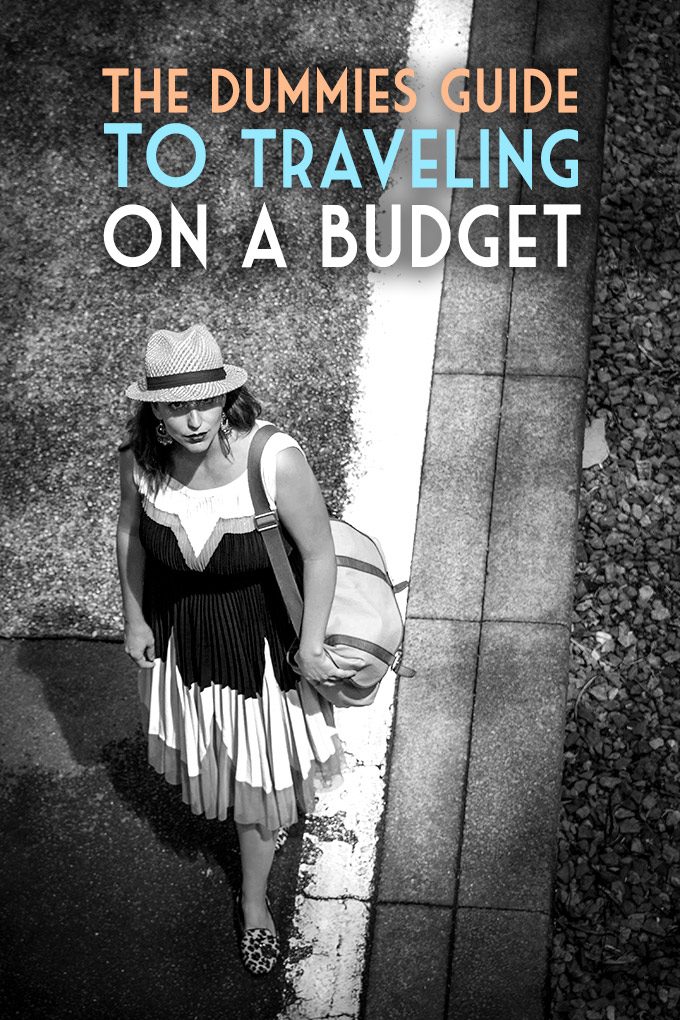Traveling doesn’t have to be expensive, even for those just starting out. With the right planning and strategies, you can explore the world without breaking the bank. Budgeting effectively is key to ensuring you get the most value from your trips. This beginner’s guide to travel budgeting will walk you through essential tips, tricks, and resources to make your dream adventures affordable and stress-free.
Start with a Realistic Travel Budget
Creating a travel budget starts with understanding how much you can afford to spend. Assess your financial situation and determine an overall budget for your trip. Break this down into categories such as transportation, accommodation, meals, activities, and miscellaneous expenses. By setting limits for each category, you can avoid overspending and stay within your means.
Choose Affordable Destinations
Not all destinations are created equal when it comes to cost. Some places, like Southeast Asia or parts of Eastern Europe, offer excellent value for travelers on a budget. Use destination guides to research locations that align with your financial goals. Consider the cost of living, exchange rates, and the availability of budget-friendly options like affordable stays or local transportation.

Plan Your Transportation Wisely
Transportation can take up a significant portion of your budget, so it’s important to find cost-effective solutions. Book flights in advance and use tools like fare comparison websites to find the best travel deals. For shorter distances, consider alternatives like trains or buses. Choosing a central location for your stay can also reduce transportation costs by allowing you to walk or use public transit.
Find Budget-Friendly Accommodations
Accommodation doesn’t have to be expensive to be comfortable. Look for budget hotel options that offer great value. Many budget-friendly hotels also provide free amenities like breakfast or Wi-Fi, helping you save even more. Platforms like Airbnb and hostels are also excellent choices for affordable stays. When traveling with family, seek out properties with kid-friendly amenities.
Leverage Travel Rewards and Deals
Take advantage of travel rewards programs and credit card points to cut costs. Many airlines and hotel chains offer loyalty programs that can lead to free flights or discounted stays. Additionally, keep an eye out for seasonal promotions on best travel sites to find discounts on accommodations and activities.
Prioritize Free and Low-Cost Activities
A fulfilling travel experience doesn’t have to involve expensive attractions. Many cities offer free walking tours, public parks, and museums with discounted or free entry days. Explore local neighborhoods, visit historical landmarks, and take in the scenery without spending a dime. Resources like historical experiences and cultural events can enhance your trip without adding to your expenses.
Save on Meals and Dining
Dining out for every meal can quickly eat into your travel budget. To save money, consider cooking some of your meals if your accommodation offers kitchen facilities. Visit local markets to buy fresh produce and snacks at a fraction of restaurant prices. When dining out, prioritize affordable local eateries over tourist-focused establishments. Researching amenities on a budget can help you find cost-effective dining options.
Pack Smartly to Avoid Extra Costs
Packing efficiently can save you money on baggage fees and unexpected purchases. Use packing tips to organize your luggage and ensure you have all the essentials. A lightweight, versatile wardrobe and reusable items like water bottles can make a big difference in your travel expenses.
Stay Flexible and Adaptable
Flexibility is one of the best tools for saving money while traveling. Being open to last-minute deals or adjusting your travel dates can result in significant savings. Consider alternative accommodations or off-peak travel times to stretch your budget further. Flexibility also allows you to explore hidden gems and regional stays that may not be on the typical tourist trail.
Track Your Expenses
Keeping track of your spending during your trip is crucial to staying within your budget. Use budgeting apps or a simple spreadsheet to monitor your expenses in real time. This practice helps you identify areas where you can cut back and ensures you don’t run out of money mid-trip.
Consider Group Travel or Solo Adventures
Traveling with a group can help you share costs for accommodations, transportation, and meals. However, solo travel also has its perks, such as the flexibility to choose budget-friendly activities and accommodations tailored to your preferences. If you’re unsure which route to take, explore solo travel stays and group travel guides for inspiration.

Avoid Common Travel Planning Mistakes
Planning mistakes, such as overbooking activities or not researching your destination, can lead to unnecessary expenses. Use travel tips guides to avoid common pitfalls and optimize your itinerary. Preparing ahead ensures you can enjoy your trip without financial stress.
Conclusion
Mastering travel budgeting may seem daunting at first, but with practice and the right tools, it becomes second nature. By choosing affordable destinations, prioritizing value-packed accommodations, and tracking your expenses, you can make the most of your adventures without overspending. Whether you’re exploring exotic retreats or planning your next family vacation, these budgeting strategies will help you travel smarter and more affordably.
